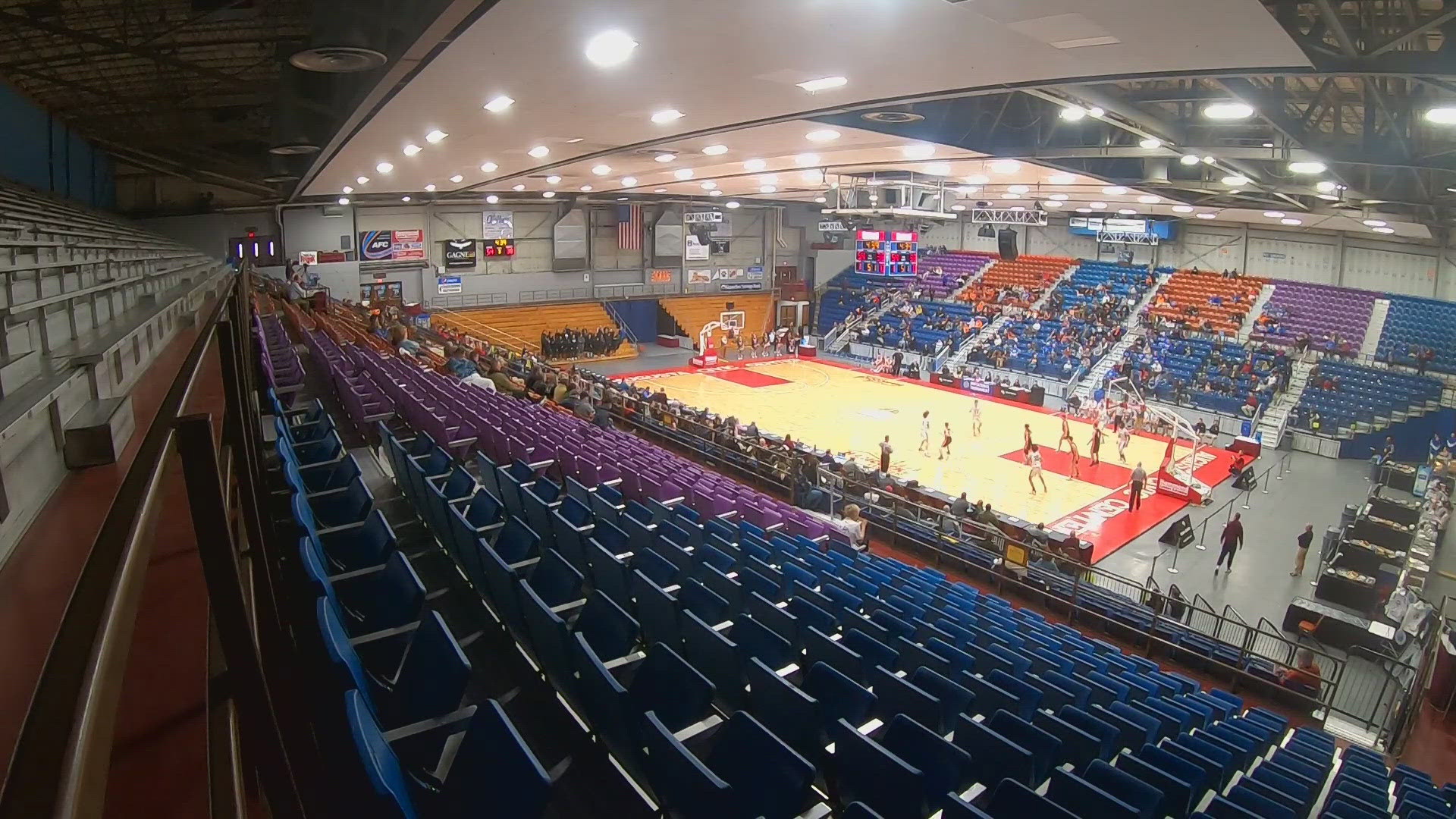MAINE, Maine — The landscape of college sports could soon change with a landmark agreement allowing some athletes to get paid, ending the era of amateurism.
A tentative agreement announced Thursday by the NCAA and the country’s five biggest conferences to a series of antitrust lawsuits could direct millions of dollars directly to athletes as soon as fall 2025. The nearly $2.8 billion settlement, would be paid out over the next decade to 14,000 former and current student-athletes, according to NBC News.
The federal judge overseeing the case must still sign off on the agreement. If that happens, students would play for pay, not just scholarships and exposure.
While there are certainly a lot of unknowns and unanswered questions, colleges, and athletes that hope to play at the next level, will enter a new age of sports.
“But the key takeaway here is the athletes are the winners and I think they’re going to get paid more and more and part of that is going to be through name, image, and likeness," Greg Glynn, the founder and CEO of Pliable Marketing said.
For years, Glynn has worked with high school and college athletes from Maine and from around the country, on growing their athletic brand. A number of athletes Glynn works with have signed NIL deals with local companies.
Since the news broke last week, Glynn said he's talked to many of the athletes he works with about what's next. He told them, and will tell any athlete, that it's important to build up their brand, and marketability, and to get educated on what's happening.
“That can lead to a decision on a school and that can lead to bigger and better opportunities, and I always describe to high school athletes, you want to arrive on campus, already running in the marathon and not trying to find out where the starting line is," Glynn said.
The current NIL era has especially benefited women's sports, Glynn said, especially after the most recent women's college basketball season which saw new levels of popularity thanks to star players like former Iowa star Caitlan Clark.
Glynn said that some colleges will now have crucial decisions to make when it comes to budgeting and funding their sports programs.
Under the proposed compensation model, each major school would be able to set aside more than $20M in revenue to share with players. Glynn said that can give some schools an opportunity to invest more in women's programs to make them more attractive to future recruits.
As the court cases play out, and the NCAA works to potentially establish new rules or guidelines, Glynn said now is a time for Maine athletes to find a representative or business advisor they trust, and have a career plan for when their sports career does come to a close.

